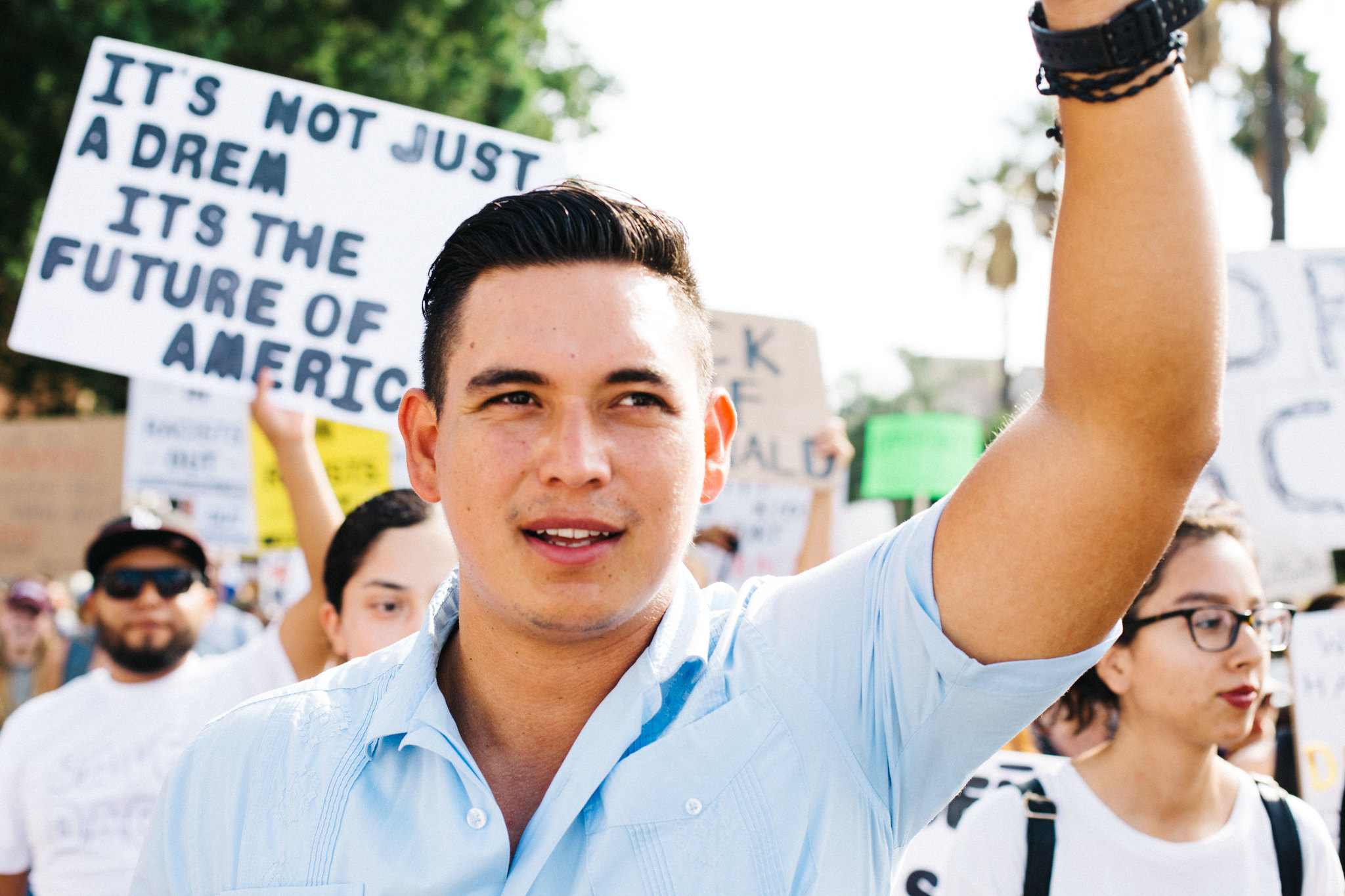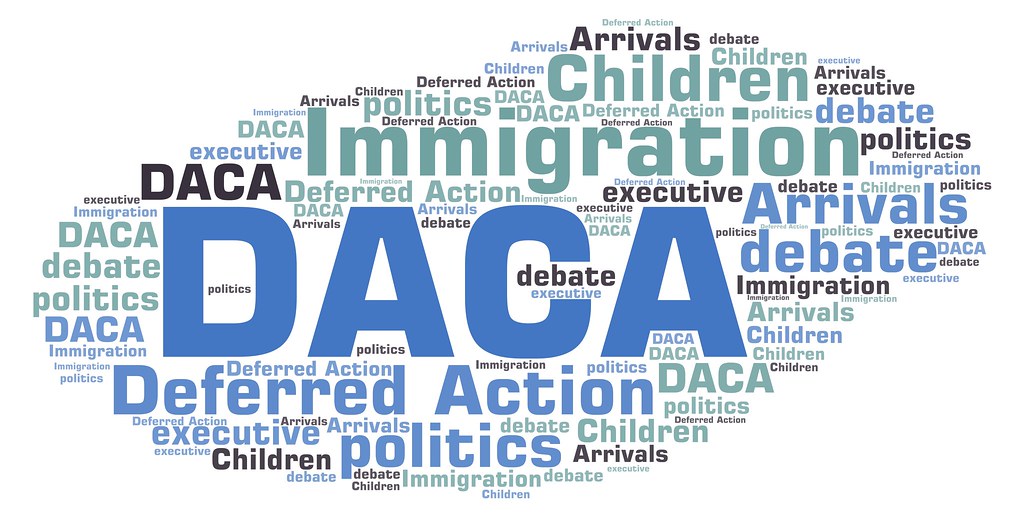In complete defiance of a recent federal court order, mandating acceptance of initial requests for the Deferred Action for Childhood Arrivals (DACA) program, the Department of Homeland Security today issued a memorandum that states that effective immediately, the agency will reject all pending and future initial requests for DACA including all associated employment authorization applications, and reject all pending and future I-131 advance parole requests for beneficiaries of DACA. The agency has stated that it will refund all associated fees, without prejudice should DHS decide to accept initial requests for DACA in the future.
The memorandum orders, “DHS personnel to take all appropriate actions to reject all pending and future initial requests for DACA, to reject all pending and future applications for advance parole absent exceptional circumstances, and to shorten DACA renewals [to one year] consistent with the parameters established in this memorandum.”
Most shocking of all is that the memorandum limits the period of deferred action pursuant to the DACA program and associated employment authorization to just one year for DACA renewals filed after July 28th, when previously deferred action and employment authorization was issued for two years.
These actions are appalling and reflect judicial defiance that has never before been seen. These actions will surely set off a string of new lawsuits in the coming weeks. We must all stay tuned for new developments during this uncertain time for DACA.
Actions to be Taken by DHS as of July 28, 2020
The memorandum provides a list of actions DHS plans to take effective immediately which further detail the actions that will be taken by DHS as of today:
- Reject all initial DACA requests and associated applications for Employment Authorization Documents, and refund all associated fees, without prejudice to re-filing such requests should DHS determine to begin accepting initial requests again in the future.
- Adjudicate all pending and future properly submitted DACA renewal requests and associated applications for Employment Authorization Documents from current beneficiaries.
- Limit the period of any deferred action granted pursuant to the DACA policy after the issuance of this memorandum (and thereby limit the period of any associated work authorization) to one year.
- Refrain from terminating any grants of previously issued deferred action or revoking any Employment Authorization Documents based solely on the directives in this memorandum for the remaining duration of their validity periods.
- Reject all pending and future Form I-131 applications for advance parole from beneficiaries of the DACA policy and refund all associated fees, absent exceptional circumstances.
 Visa Lawyer Blog
Visa Lawyer Blog













